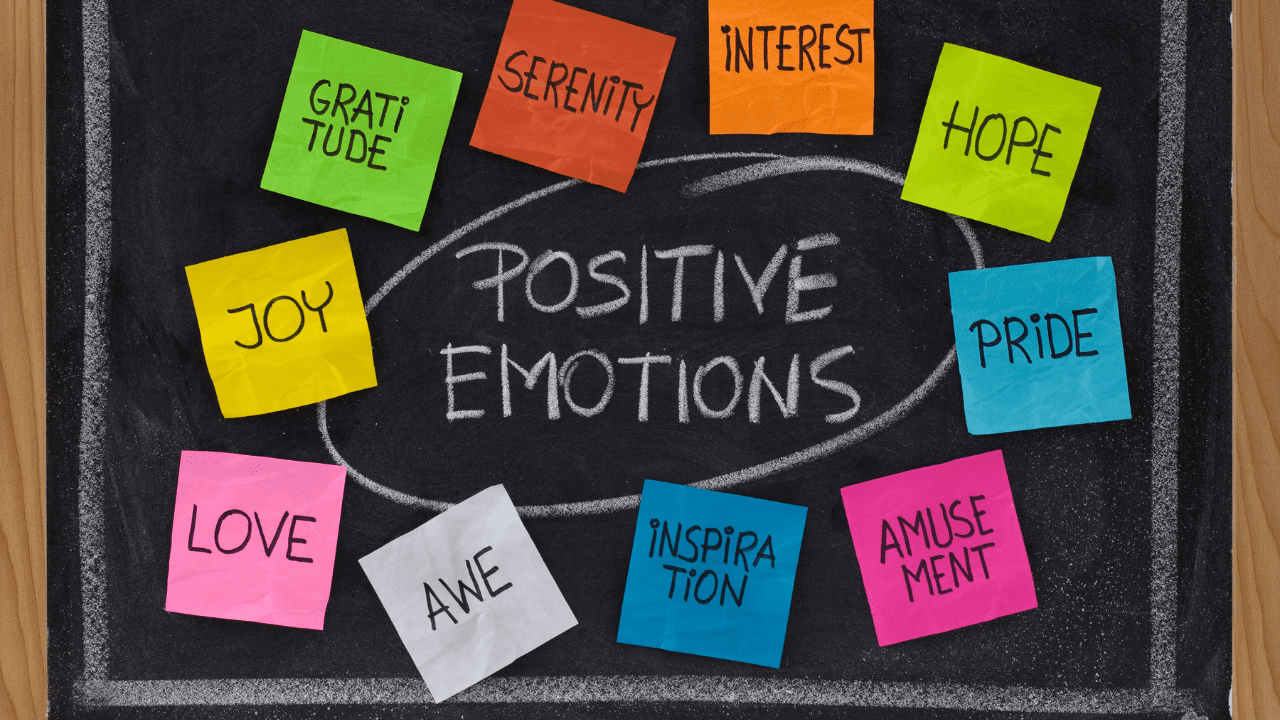Exploring emotional well-being resources, understanding emotional regulation and mental well-being, and embracing emotional regulation self-improvement are essential steps toward a more fulfilling and balanced life. In today’s fast-paced world, managing our emotions effectively is crucial for achieving success in both personal and professional spheres. This article delves into the importance of psychological well-being and provides practical strategies for self-improvement and emotional regulation, guiding you on your journey to mental well-being.
Understanding Emotional Regulation and Mental Well-being
Emotions are complex and multifaceted, encompassing a wide range of feelings, thoughts, and physiological responses. To understand emotions and their impact on mental well-being, we must consider various factors:
- Neuroscience: Emotions originate in the brain, primarily in the amygdala and the prefrontal cortex. These brain areas are responsible for processing emotional stimuli and regulating emotional responses.
- Psychology: Emotional experiences are shaped by our thoughts, beliefs, and past experiences, which can influence the way we perceive and respond to situations.
- Social factors: Our emotions are influenced by our relationships, cultural norms, and social environment, which can impact how we express and manage our feelings.
Mental Well-being Resources: The Building Blocks of a Balanced Life
Psychological well-being is a state of psychological and emotional health that allows us to navigate life’s challenges effectively. Some key resources of psychological well-being include:
- Self-awareness: Recognizing and understanding our emotions is the first step towards managing them effectively.
- Resilience: The ability to bounce back from adversity and cope with stress is crucial for psychological well-being.
- Positive relationships: Forming and maintaining healthy, supportive connections with others contributes to our psychological well-being.
- Meaning and purpose: Engaging in activities that align with our values and passions can foster a sense of fulfillment and emotional balance.
- Self-care: Taking care of our physical, mental, and emotional needs is vital for overall well-being.

Emotional Regulation Self-improvement: Strategies for Success
Emotional regulation refers to the process of managing and controlling our emotional responses in various situations. By developing emotional regulation skills, we can improve our psychological well-being and overall quality of life. Here are some practical strategies for self-improvement in emotional regulation:
- Mindfulness: Practicing mindfulness and being present in the moment can help us become more aware of our emotions and manage them more effectively.
- Cognitive restructuring: Challenging and reframing negative thought patterns can help us regulate our emotions and respond more adaptively to situations.
- Expressive writing: Writing about our emotions can provide an outlet for emotional release and promote emotional regulation.
- Relaxation techniques: Engaging in relaxation exercises, such as deep breathing, progressive muscle relaxation, or meditation, can help reduce stress and regulate emotions.
- Social support: Connecting with others and seeking support can help us navigate emotional challenges and improve our emotional regulation skills.
Integrating Emotional Regulation and Self-improvement for Mental Well-being
To achieve optimal mental well-being, it is essential to integrate emotional regulation and self-improvement strategies into our daily lives. By doing so, we can better manage our emotions, foster psychological well-being, and promote personal growth. Some tips for integrating emotional regulation and self-improvement include:
- Setting realistic goals: Establish achievable objectives for emotional regulation and self-improvement to ensure progress and maintain motivation.
- Developing a daily practice: Incorporate emotional regulation techniques, such as mindfulness or relaxation exercises, into your daily routine for consistent progress.
- Seeking professional guidance: Working with a qualified life coach, therapist, or counselor can provide valuable insights and support for emotional regulation and self-improvement.
- Embracing self-compassion: Be kind to yourself throughout the process of emotional regulation and self-improvement, acknowledging that setbacks are a natural part of personal growth.
- Engaging in lifelong learning: Continuously seek out new information and resources to enhance your emotional regulation and self-improvement journey.
In conclusion, understanding emotions, exploring psychological well-being resources, and embracing emotional regulation self-improvement are integral aspects of fostering mental well-being. By implementing these strategies, we can create a more balanced and fulfilling life, ultimately enhancing our personal and professional success. If you’re ready to embark on a transformative journey towards psychological well-being and self-improvement, consider reaching out to a qualified professional for guidance and support.
Are you ready to unlock your full potential and achieve mental well-being? Book a free consultation with Dr. Sydney Ceruto, Founder of MindLAB Neuroscience, and start your journey towards emotional regulation and mental well-being today.
#EmotionalWellBeingSources, #EmotionalRegulationSelfImprovement, #UnderstandingEmotionsMentalWellBeing, #SelfAwareness, #Resilience, #Mindfulness, #CognitiveRestructuring, #EmotionalBalance






